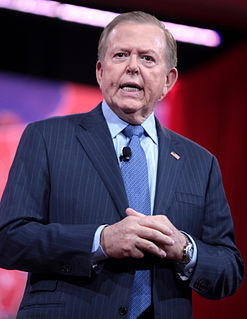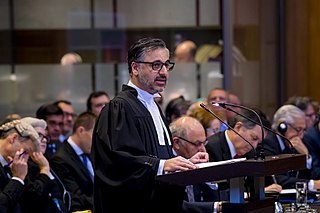A Quote by Yehuda Amichai
I've often said that all poetry is political. This is because real poems deal with a human response to reality and politics is part of reality, history in the making. Even if a poet writes about sitting in a glass house drinking tea, it reflects politics.
Related Quotes
When you sit in a café, with a lot of music in the background and a lot of projects in your head, you're not really drinking your coffee or your tea. You're drinking your projects, you're drinking your worries. You are not real, and the coffee is not real either. Your coffee can only reveal itself to you as a reality when you go back to your self and produce your true presence, freeing yourself from the past, the future, and from your worries. When you are real, the tea also becomes real and the encounter between you and the tea is real. This is genuine tea drinking.
The basic problem is not political, it is apolitical and human. One of the most important things to do is to keep cutting deliberately through political lines and barriers and emphasizing the fact that these are largely fabrications and that there is another dimension, a genuine reality, totally opposed to the fictions of politics: the human dimension which politics pretend to arrogate entirely to themselves. This is the necessary first step along the long way toward the perhaps impossible task of purifying, humanizing and somehow illuminating politics themselves.
Of course, in the reality of history, the Machiavellian view which glorifies the principle of violence has been able to dominate.Not the compromising conciliatory politics of humaneness, not the Erasmian, but rather the politics of vested power which firmly exploits every opportunity, politics in the sense of the "Principe," has determined the development of European history ever since.
Reality became for me a problem after my experience with LSD. Before, I had believed there was only one reality, the reality of everyday life. Just one true reality and the rest was imagination and was not real. But under the influence of LSD, I entered into realities which were as real and even more real than the one of everyday. And I thought about the nature of reality and I got some deeper insights.





































